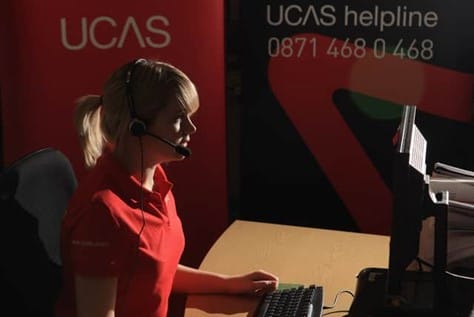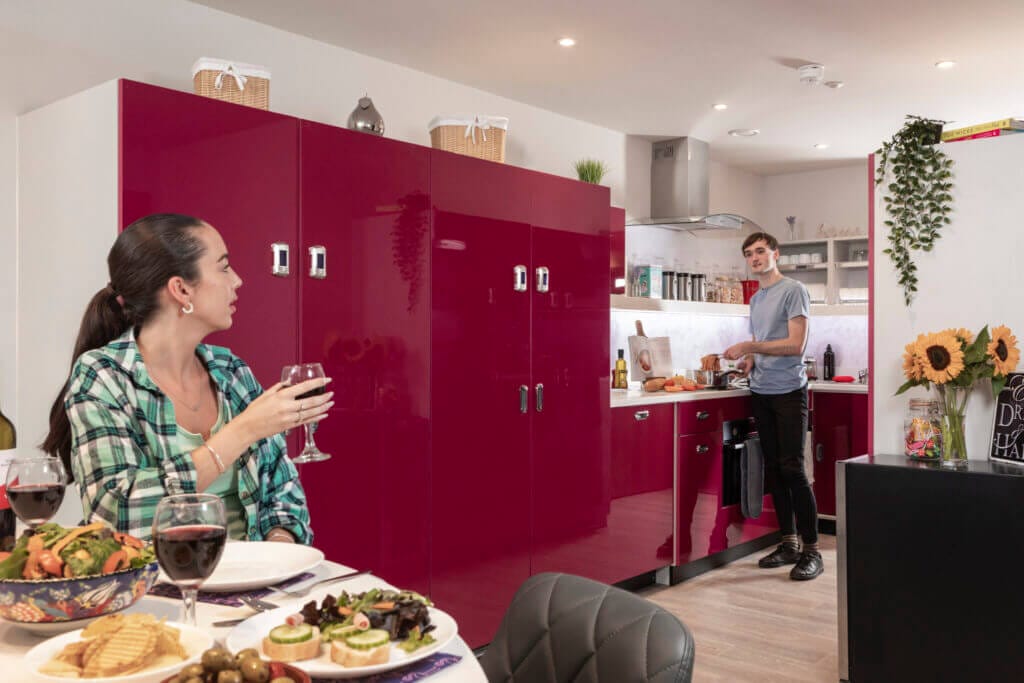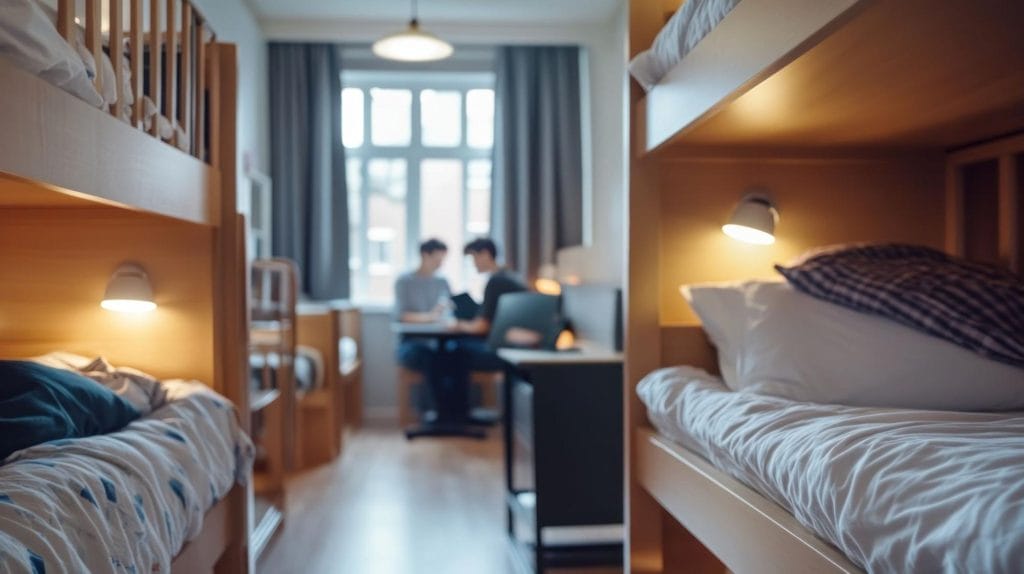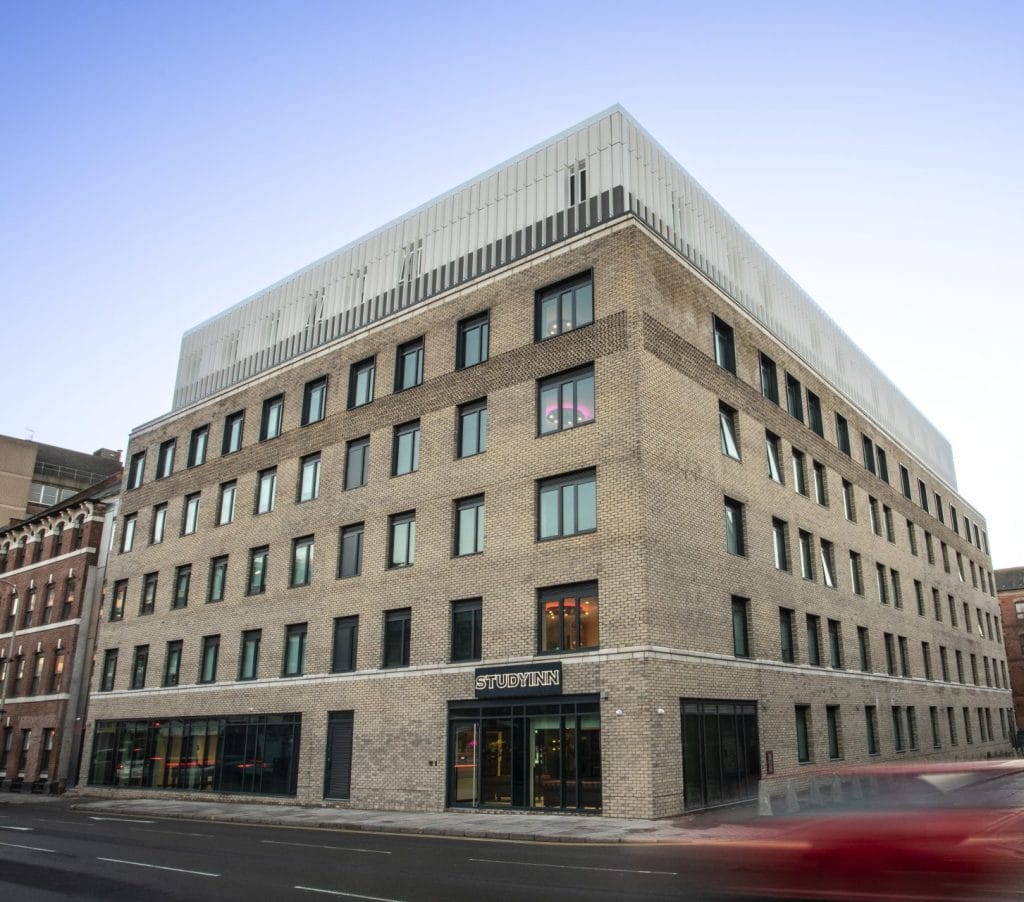For those who have recently finished sixth form or college, the time spent waiting for your results can be full of angst and dread. Once you receive your results you may very well be relieved, but for some there may also be much in the way of disappointment, all depending on whether you’ve made it into your first-choice university, your reserve, or neither. For those who fall into the latter camp, it can be a daunting experience. Many of the students who don’t get the grades they hoped for claim to feel lost, directionless, and slightly overwhelmed. While this all sounds rather daunting, your hopes of attending university are far from over as you can try clearing to find a place on another course and apply to a different institution. Below is our full guide for you on how to go through clearing.
Fact and fiction about the clearing process
Important phone numbers for going through clearing
Securing accommodation when you’re going through clearing
What is clearing?

Clearing is a process where students who have not achieved the grades required for their first and insurance choice universities can apply for vacancies on other university courses through UCAS.
There are nevertheless still reasons beyond not attaining the grades one had hoped for. If, for instance, you achieved better grades than expected and want to go to a university with higher entry requirements, or you have changed your mind regarding your firm or insurance choice and wish to use self-release to enter clearing. Perhaps you have not received any offers before the 30th of June, or it may be the case that you did not apply to university and are now looking to attend university after the 30th and have been automatically allocated into clearing. Regardless of the reason for going through clearing, it is important to note that clearing opens in early July.
Can you go to any university through clearing?
Not all universities participate in clearing. The University of Oxford, the University of Cambridge, and the London School of Economics (LSE) do not accept entry through Clearing. Only some courses at the University of Edinburgh, and St. Andrews will have courses open through clearing. Despite this, most universities offer clearing.
What are the chances of getting into uni through clearing?
In 2023 almost 68,000 students used clearing and there were around 16,000 18-year-old students who released themselves into clearing and subsequently gained an offer.
In total, 92% of applicants (all ages, all domiciles) received an offer, the same proportion as last year. UCAS analysis found that 21,080 active applicants did not have a place on JCQ results day (Free to be placed in Clearing), of which 12,010 were subsequently accepted onto a course (57.0%), demonstrating how applicants used Clearing to reconsider and explore other options – (UCAS).
Fact and fiction about the clearing process

The sections below will clarify some commonly asked questions about the clearing process. Often there can be skewed misconceptions and preconceived ideas about things in general, such as your first year at university, clearing can also be one. For example, students may suspect that one does not need a personal statement for applying to university through clearing, but this is contrary to the fact of the matter which is personal statements will be needed when applying through clearing.
First-come, first-served
Clearing for universities is on a first come first serve basis which is even more pronounced when programs that are popular and or competitive are in clearing. Clearing technically can run into the beginning of the academic year, with some universities remaining with spots open even into late October.
Subjects available in clearing
Not all subjects and courses will be available through clearing. For example, it is not typically possible to get into a medicine program through clearing, the spaces for these competitive programmes will be extremely limited and it is best to apply as soon as possible to secure your place before clearing. If you did not get into the medicine program you wanted to and there are no places in clearing, you may wish to consider a related subject such as biomedical sciences or biochemistry.
Many subjects go into clearing, but the exact subjects can depend on factors such as the volume of students already enrolled and different course offerings from the university each year. Many subjects are available in clearing, from physics to law to sociology to kinesiology and more – the most popular subjects in 2022 were Business, Law, and Nursing (Learn Direct). But to reiterate, the availability for these subjects will depend on the year, university, and how quickly you apply.
The grades universities will accept
Many university courses in clearing will not accept lower grades. Some may, but the general rule for applying through clearing is that the standard requirements for the given course will remain the same as they were before clearing. Courses such as Law and Engineering will be very unlikely to change their grade requirements.
How to prepare for clearing

- Research Clearing Options: Research universities and courses available through Clearing. Consider factors such as location, course content, reputation, and facilities.
- Prepare Necessary Documents: Gather relevant documents, including exam results, personal statements, reference letters, and identification.
- Contact Universities: Get in touch with universities offering Clearing places to inquire about available courses and entry requirements.
- Update Personal Statement: If necessary, update your personal statement to reflect your interest in the courses available through Clearing.
- Be Flexible: Be prepared to consider alternative courses or universities if your preferred choices are not available.
- Stay Calm and Positive: Clearing can be a stressful process, but it’s essential to remain calm and positive. Keep an open mind and approach the process with optimism.
Lucia MacKinnon, Lettings Director at Study Inn, commented: “Clearing can be a challenging time, but it’s also an opportunity to find the right fit for your university journey. At Study Inn, we are committed to supporting students through this process by offering flexible accommodation options and a welcoming community. Our goal is to make your transition as smooth as possible, so you can focus on your studies and enjoy your university experience to the fullest.”
Important phone numbers for going through clearing
Having the right contact numbers at hand is crucial when you are navigating the clearing process. Here are the clearing hotlines for some major universities as well as UCAS and EHR:
- University of Bristol clearing hotline: 0117 928 9000
- University of Exeter clearing hotline: 0300 555 6060
- Loughborough University clearing hotline: 01509 274 403
- University of Leicester clearing hotline: 0116 373 6000
- University of Leeds clearing hotline: 0113 343 2336
- University of Nottingham clearing hotline: 0115 74 87000
- UCAS clearing line: 0371 468 0468
- Exam Results Helpline (EHR): 0800 100 900
Securing accommodation when you’re going through clearing

Finding your ideal accommodation can be another source of stress when going through clearing but there are several options available.
Many domestic university students will go into university halls, but these often fill up quickly and by the time you have secured your spot through clearing there may not be many rooms left. Other options can be found in the private sector. Students will often opt to rent from a landlord in shared housing which can help save money, or rent an apartment, or choose to rent in private accommodation from a provider like Study Inn.
Study Inn has all the necessities of student living covered – from the short commute available across our accommodation locations to your university campuses, to quality kitchen appliances, a gym and spa (which can, of course, facilitate your mental health and wellbeing), study areas, 24/7 security, and more. Whether you are in your first year of university, second, or final year, if you wish to find out more and stay with us at luxury student accommodation then please contact our team today. We are always happy to help with any questions or queries you might have.





